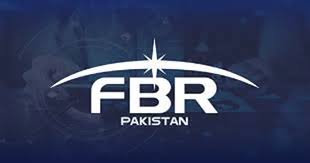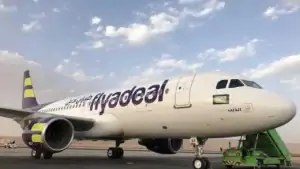Islamabad, Dec 15: The Federal Board of Revenue (FBR) has implemented the Faceless Customs Assessment (FCA) System at Karachi under its Transformation Plan, a significant step towards modernizing the customs framework in Pakistan. Approved by the Prime Minister, the FCA system centralizes the assessment of import goods declarations filed at Karachi’s Appraisement Collectorates, transferring these tasks to the newly established Central Appraising Unit (CAU) at South Asia Pakistan Terminal Karachi.
The FCA system aims to enhance efficiency, reduce clearance times, and ensure transparency in customs assessments. By eliminating the need for face-to-face interactions between importers and customs officials, the initiative is set to transform the operational culture of the Customs Department, curbing opportunities for malpractices and fostering trade facilitation.
After its successful implementation in Karachi, the FCA system is slated for rollout to upcountry ports and border stations. The appraisement function will eventually operate entirely outside the Customs Collectorates, with 55 officers already posted to the CAU. To further streamline operations, appraisers and principal appraisers will work in a sanitized and controlled environment.
An incentive-based performance management mechanism has also been introduced to reward officers demonstrating integrity and diligence. This approach aims to enhance accountability and productivity within the customs appraisal process.
Additionally, FBR has revamped the eligibility criteria and licensing regime for Customs Clearing Agents, introducing a point-scoring system to promote accuracy in declarations. Agents providing correct and honest descriptions, values, and origins of goods will earn higher scores, improving their professional profile. Conversely, those failing to meet standards risk losing points and, potentially, their licenses.
This modernization effort underscores FBR’s commitment to fostering a transparent, efficient, and accountable customs system, ensuring a fairer trade environment while driving economic growth.









